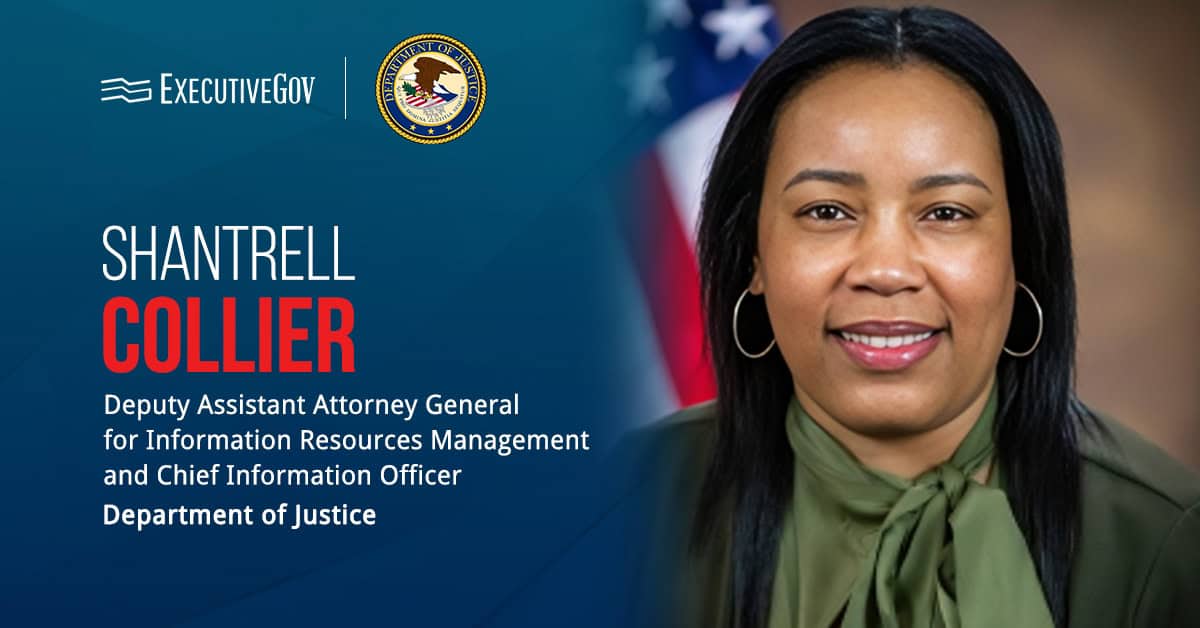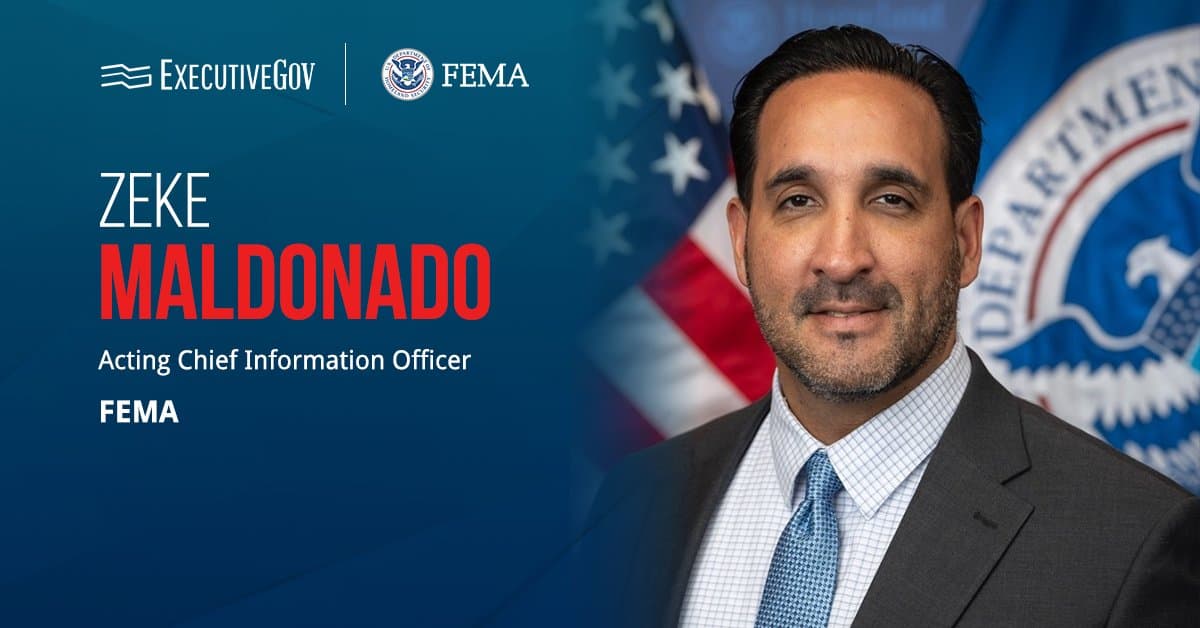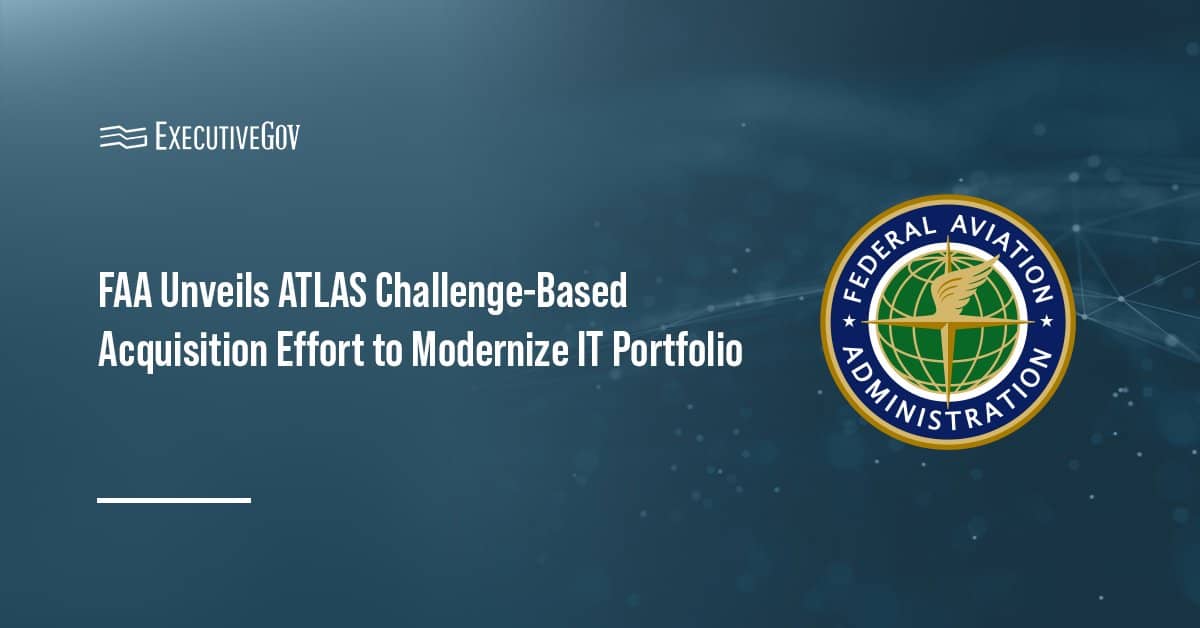Michael Kruk has been named deputy director of the Technology Partnerships Office within the National Oceanic and Atmospheric Administration.
The NOAA TPO said Monday that in his new position, Kruk will work to ensure efficient operations while carrying out the execution of the office’s strategic direction.
Kruk is experienced in conducting research on climate variability and change indicators and has led efforts to address natural resource management challenges by developing drought and environmental-derived products.
Prior to his appointment, Kruk was chief of the Coastal Science Branch of the Coasts, Oceans and Geophysics Science division within the NOAA National Centers for Environmental Information.
Kruk is a graduate of Northern Illinois University and holds a master’s degree in atmospheric sciences and meteorology from the University of Illinois Urbana-Champaign.





